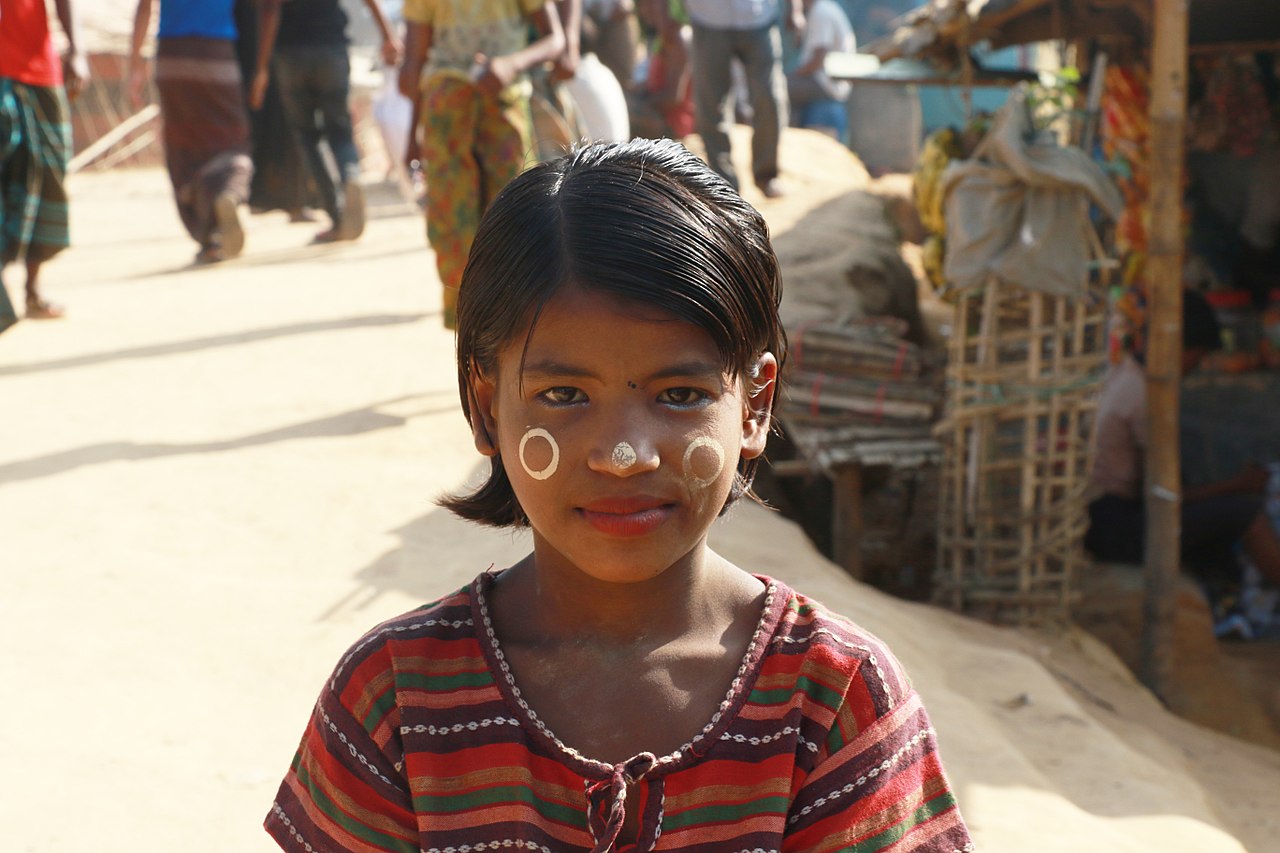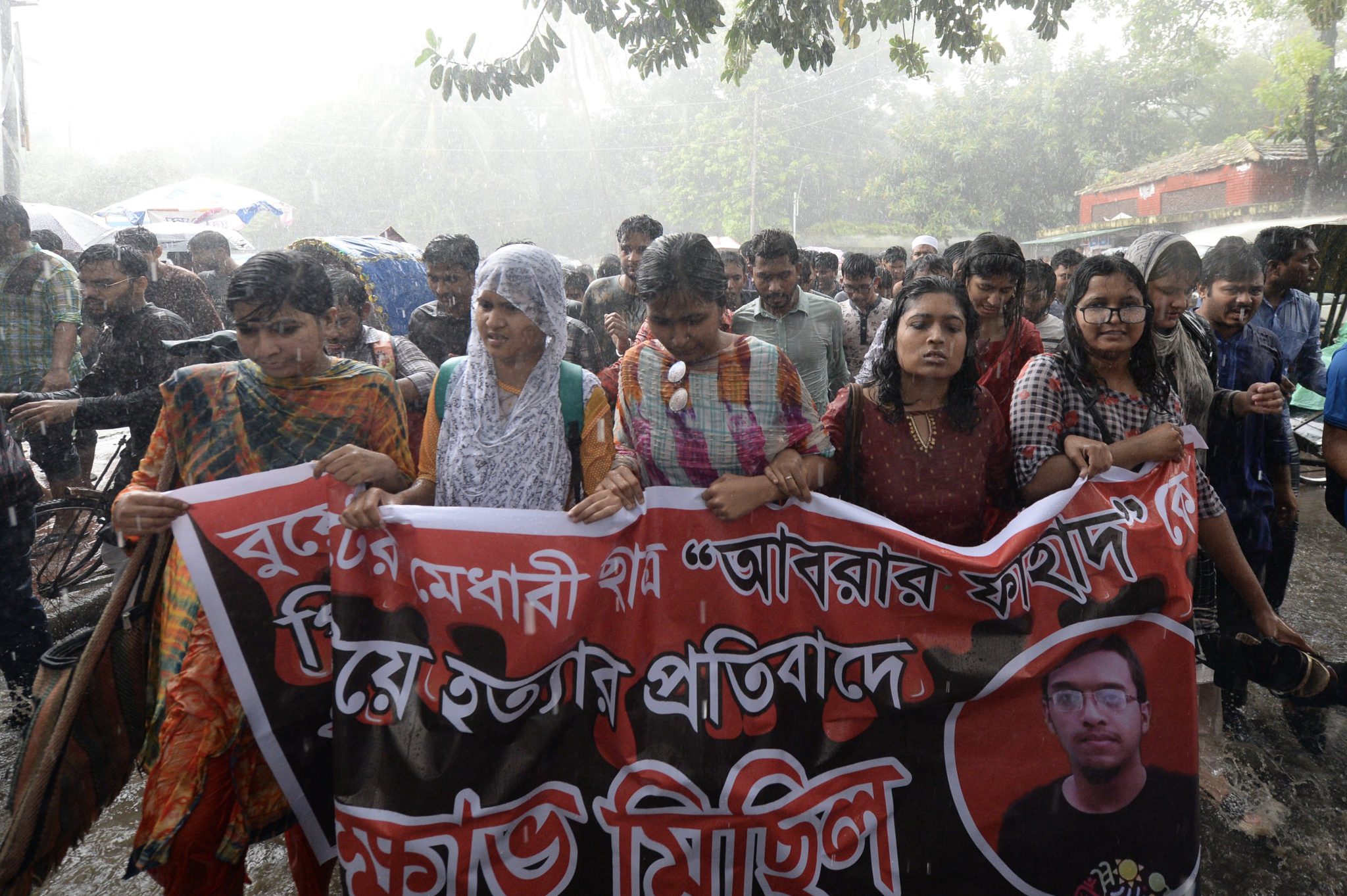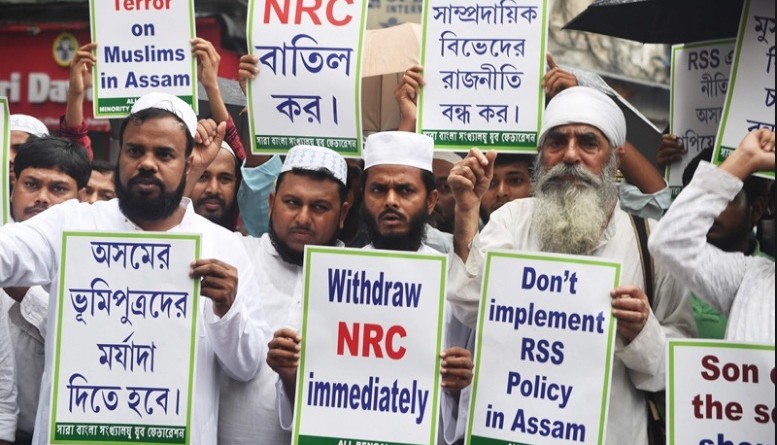
Bangladesh denies education to Rohingya children
Human Rights Watch reports that the Bangladesh government is violating the right to education of nearly 400,000 school-age Rohingya refugee children by barring UN humanitarian agencies and NGOs from providing the children with any formal, accredited education. The government’s policy prevents Rohingya from integrating into Bangladeshi society, barring their children from enrolling in schools in local communities outside the camps or taking national school examinations. According to HRW, Bangladesh is violating its obligations to ensure the right to education under the Convention on the Rights of the Child and other treaties, and its obligation to the integration of refugee children into national education systems under the Global Compact on Refugees. (Photo: Wikimedia/Shirin Kona)




